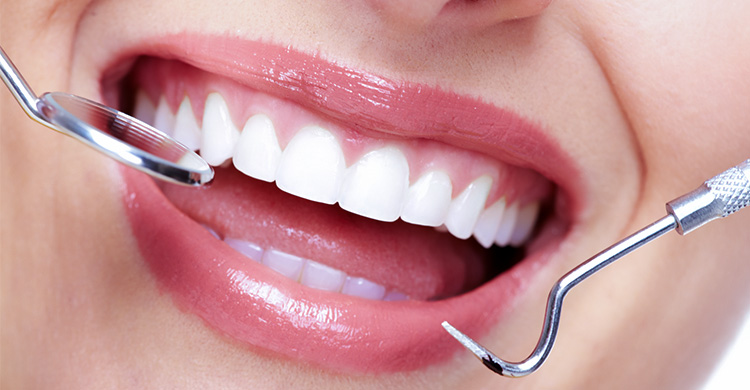TMJ disorders can arise from various factors, with the exact cause sometimes remaining elusive. Potential contributors include teeth grinding bruxism, jaw injuries, arthritis, and even regular wear and tear. While not everyone who grinds their teeth develops TMJ issues, bruxism can put a significant strain on the jaw joint and surrounding muscles. The symptoms of TMJ disorders can vary from person to person. Some of the most common ones include pain and tenderness in the jaw, discomfort around the ear, difficulty or pain while chewing, facial pain, and a limited range of jaw motion that might even cause the jaw to lock open or closed. Clicking or grating sounds when opening or closing your mouth may also occur. However, it is important to note that not everyone with jaw clicking necessarily has TMJ disorder. If you experience clicking without pain or limited movement, treatment might not be necessary.

Dental Treatments for TMJ Relief
Fortunately, most TMJ disorders respond well to conservative, non-surgical treatments offered by dentists. Here’s a look at some of the common dental approaches:
Splints and Mouthguards: Custom-made splints or mouthguards are a mainstay of TMJ treatment. These appliances fit comfortably over your teeth and help reposition your jaw, reducing pressure on the TMJ joint. They can also prevent teeth grinding or clenching, thereby alleviating pain and muscle tension.
Relaxation Techniques: Since stress and anxiety can worsen TMJ symptoms, dentists may recommend relaxation techniques like deep breathing exercises, meditation, or even yoga. By managing stress, you can help reduce muscle tension and associated pain.
Lifestyle Modifications: Certain lifestyle changes can significantly improve TMJ symptoms. This may involve avoiding hard or chewy foods that require excessive chewing, practicing good posture, and applying moist heat or cold packs to the affected area for temporary pain relief.
Medications: Depending on the severity of your TMJ disorder, your dentist might prescribe medications to manage pain and inflammation. These could include over-the-counter pain relievers like ibuprofen, muscle relaxants, or even anti-anxiety medications in some cases.
Orthodontics: In cases where teeth misalignment or malocclusion bad bite contributes to TMJ dysfunction, orthodontic treatment using braces or clear aligners may be recommended. By correcting the bite and improving jaw function, orthodontics can provide long-term relief from TMJ symptoms.
Physical Therapy: Physical therapists can teach you specific exercises to strengthen and stretch the jaw muscles, improve flexibility, and promote proper jaw movement. This can significantly reduce pain and improve jaw function.
When to Seek Help from a Dentist
If you are experiencing persistent jaw pain, difficulty chewing, or any other symptoms suggestive of TMJ disorder, it is crucial to seek professional help. Early diagnosis and intervention are key to managing the condition effectively and preventing further complications and contact us. A dentist can conduct a thorough examination to diagnose TMJ and recommend the most appropriate course of treatment based on your individual needs. Remember, TMJ disorders are treatable, and dental professionals have the expertise and tools to help you find relief and restore comfort to your jaw.




